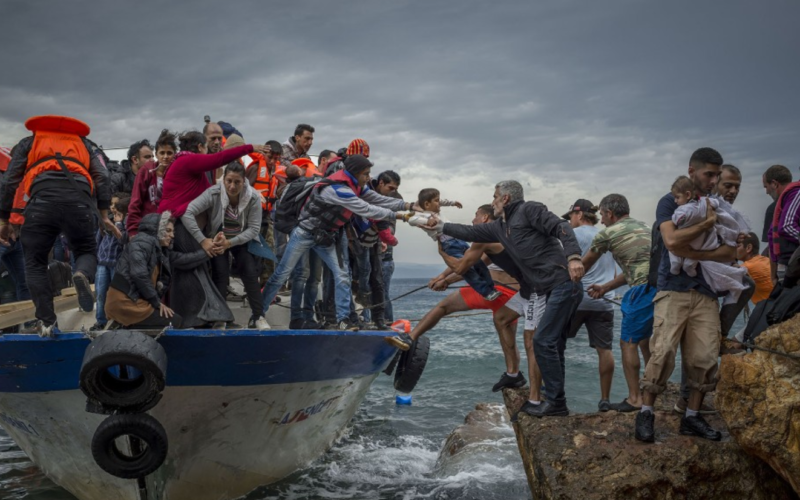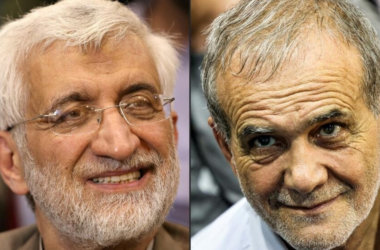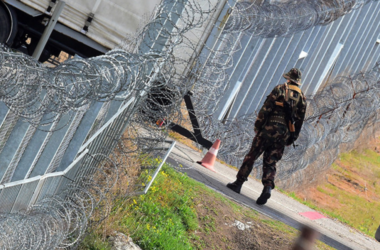Diplomatic envoys from the 27 member states of the European Union (EU) convened in Brussels on Wednesday with the primary aim of resolving the ongoing dispute between Rome and Berlin concerning the handling of charity ships. Their broader objective was to solidify an agreement for the equitable distribution of responsibilities regarding the care and support of refugees and migrants.
At 0730 GMT, representatives from EU member states gathered to review an amended version of the proposed agreement. This tentative accord had been put forward by Spain, which currently holds the presidency of EU talks through the remainder of the year.
The meeting in Brussels was spurred by a recent disagreement between Italy and Germany concerning the operation of charity ships, which have played a significant role in the rescue and assistance of refugees and migrants in the Mediterranean. The differing perspectives of Rome and Berlin on the role of these ships highlighted the need for a comprehensive and mutually agreeable approach to the migration issue.
Spain, as the chair of EU talks, has taken on the role of mediator and facilitator in the ongoing negotiations. The proposed agreement under discussion seeks to establish a clear framework for the distribution of responsibilities among EU member states, promoting a fair and collaborative approach to addressing the challenges posed by migration.
The issue of migration has remained a complex and contentious topic within the EU, with member states holding varying views on how best to manage the influx of refugees and migrants. Achieving a consensus on this matter is crucial for fostering unity and cooperation among EU nations.
The Brussels meeting also takes place in the context of ongoing discussions and initiatives aimed at enhancing the EU’s approach to migration, including efforts to reform the Common European Asylum System and strengthen external border controls.
As European Union member states gather in Brussels to address the issue of migration, the focus remains on forging a unified approach that respects the diverse perspectives of each nation. The ongoing dispute between Rome and Berlin underscores the complexities inherent in managing migration in the Mediterranean. Spain’s mediation and the proposed agreement are indicative of the EU’s commitment to finding common ground and fostering cooperation in the face of this pressing issue.








